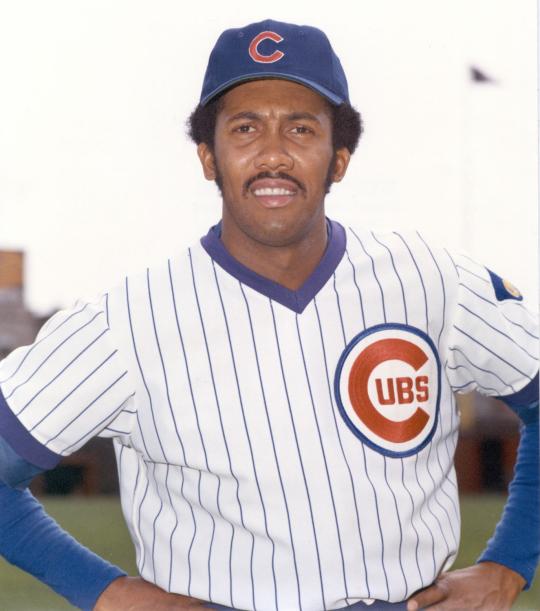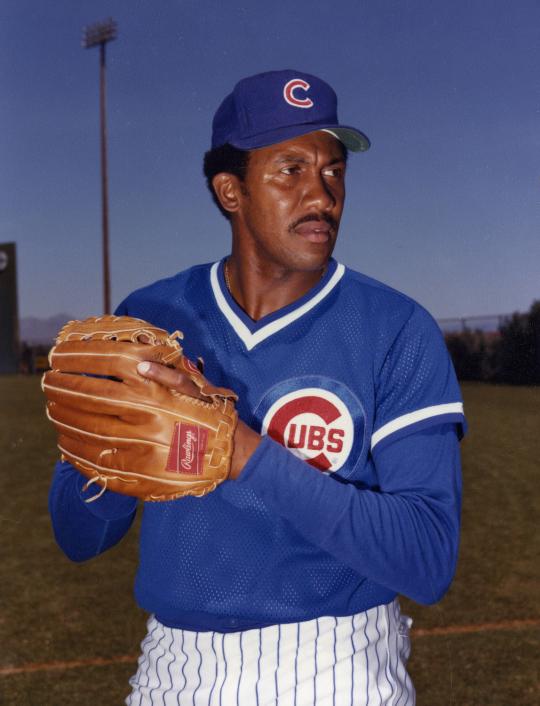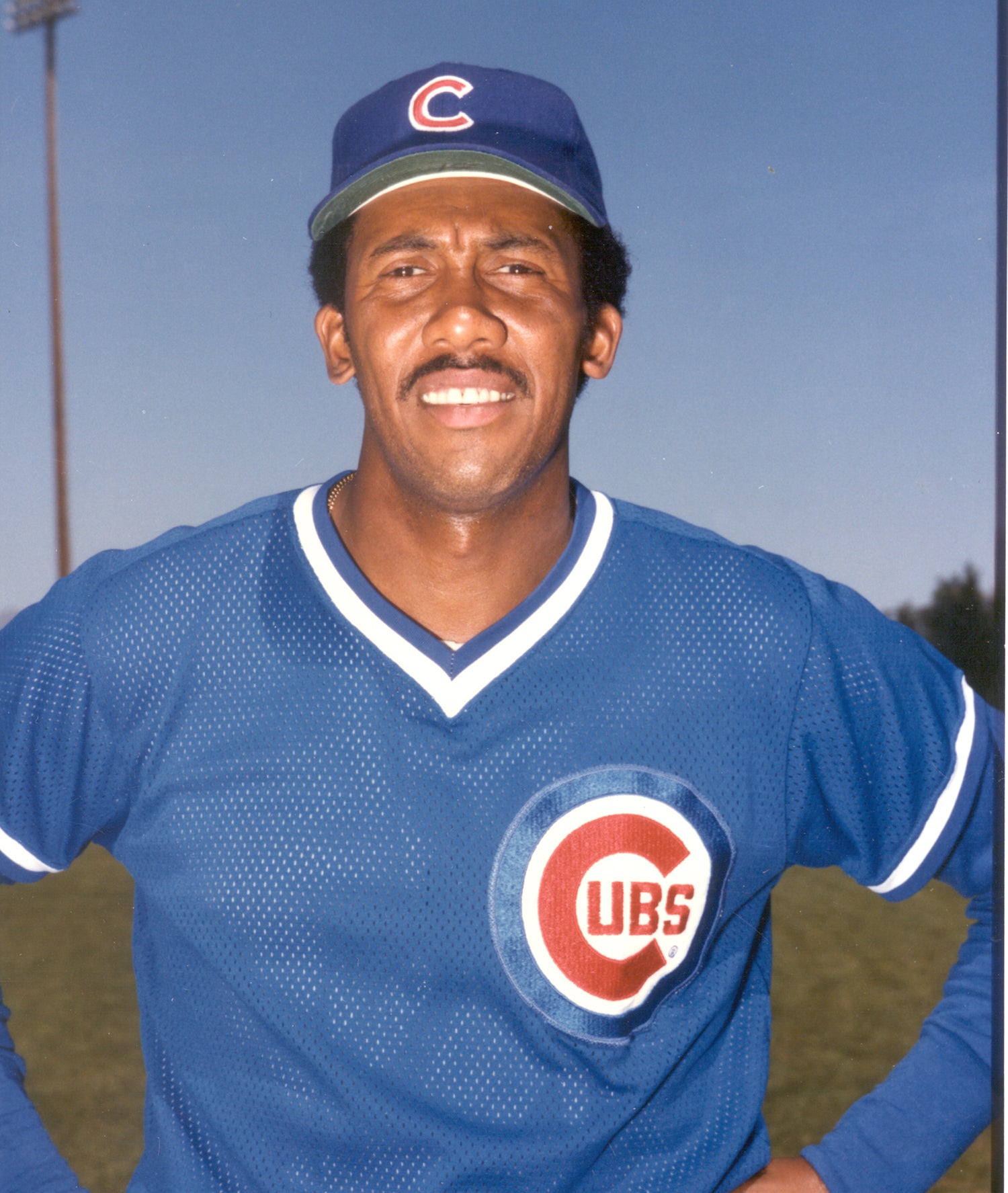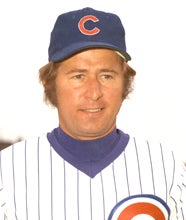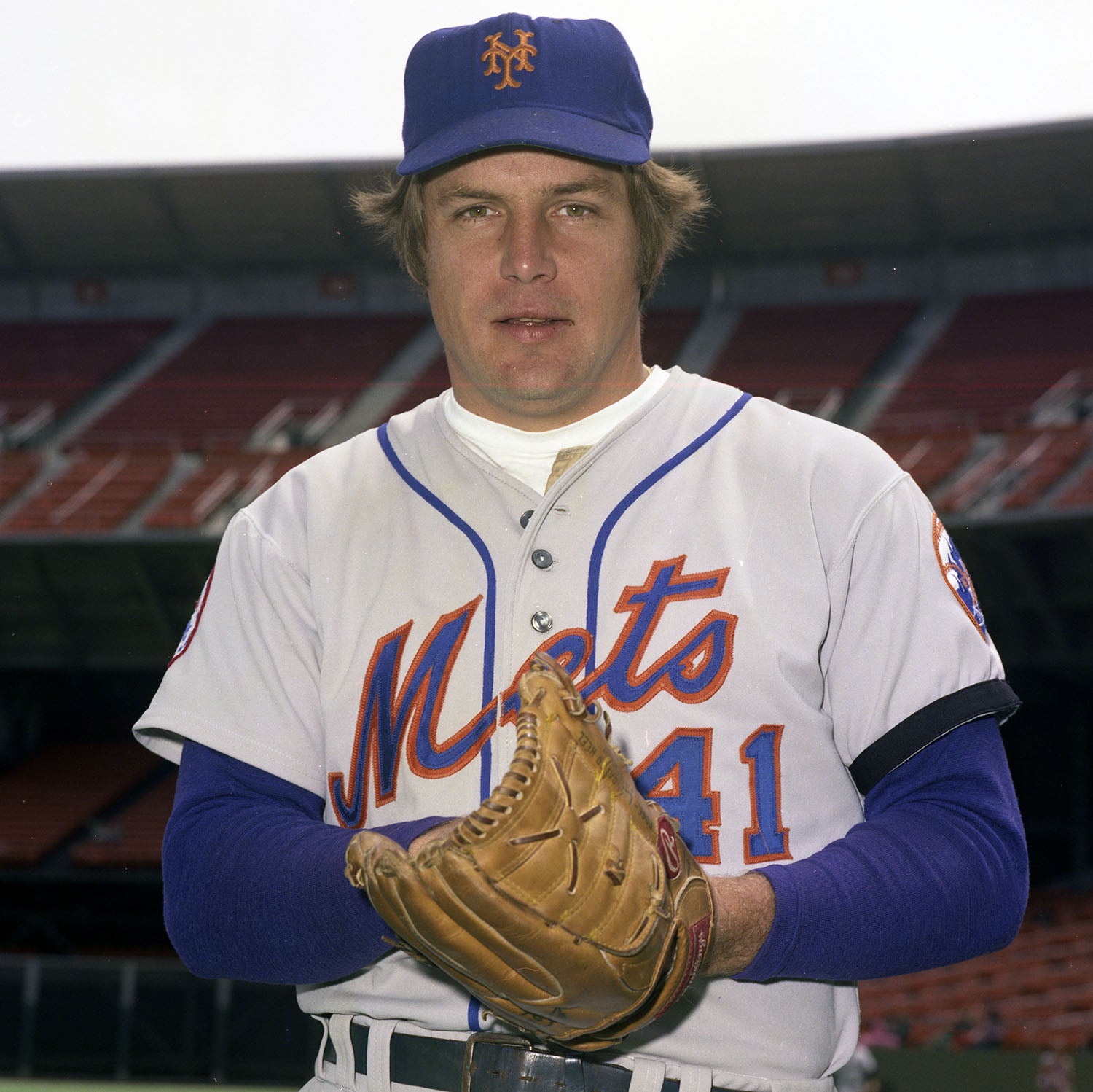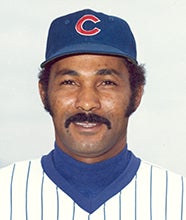- Home
- Our Stories
- Jenkins’ consistency rewarded with 1971 NL Cy Young Award
Jenkins’ consistency rewarded with 1971 NL Cy Young Award
Twice, Fergie Jenkins had gotten so close to a Cy Young Award that he could taste it.
After finishing in second for the award in 1967 and third in 1970, in 1971 Jenkins finally broke through. On Nov. 3, 1971, he was named the NL Cy Young Award winner, becoming the first Cubs pitcher and first Canadian to win the award. His 17 first-place votes landed him ahead of Mets pitcher Tom Seaver, the runner-up, while Dodgers lefty Al Downing finished in third.
The 28-year-old right-hander had gone 24-13 in 1971, posting a 2.77 ERA, leading the NL with 325.0 innings pitched and throwing a remarkable 30 complete games in 39 starts while earning his second All-Star selection.
Jenkins had to hurry from his hometown of Chatham, Ontario, where he had been on a duck hunting trip with teammates J.C. Martin and Billy Williams, to get to Chicago to accept the award.
Cubs Gear
Represent the all-time greats and know your purchase plays a part in preserving baseball history.
Hall of Fame Membership
There is no simpler, and more essential, way to demonstrate your support than to sign on as a Museum Member.
“I haven’t considered the Cy Young to be that important,” Jenkins told the Chicago Tribune. “Of course one likes to win anything he can. But getting into the World Series is something I class ahead of this.”
Jenkins originally signed with the Philadelphia Phillies, with whom he was primarily a reliever. But after he was traded to Chicago in April 1966, the Cubs converted him into a full-time starting pitcher beginning in 1967.
From there, he became one of the most successful pitchers of his generation, recording 20 or more wins and complete games every year from 1967-72.
When asked who he could credit for his success since coming to the Cubs, Jenkins named Joe Becker, Chicago’s former pitcher coach who had retired in 1970.
“[Becker] gave me a shorter windup,” Jenkins said. “He made me work. He went over the hitters. And he told me when I first came up he’d make me a million dollars.”
Jenkins also revealed that he had gotten a little help from an opponent. He corresponded frequently with Astros pitcher Don Wilson, sharing insight on teams against whom each had fared well.
“I had pretty good success with the Giants and Phillies and he did well against Atlanta and Montreal,” Jenkins said. “We exchanged information, and it helped us both.”
But he did draw the line somewhere, and understandably so.
“I could have helped him get [Ron] Santo out, too,” Jenkins said. “But I wouldn’t do that, would I?”
Pitching at Wrigley Field can be a struggle for many pitchers, but Jenkins was grateful for his home park nonetheless.
“I’d have given up fewer home runs if we had a bigger park, but this park doesn’t cheat a pitcher,” Jenkins said. “It makes him concentrate more.”
After he won his first Cy Young Award, Jenkins became a beacon of consistency in the years to come. He finished third in the NL Cy Young Award voting after another All-Star season in 1972, then was the runner up for the award in 1974 after he was dealt to the Texas Rangers in October 1973.
He posted career marks of a 3.34 ERA, 284 wins and 3,192 strikeouts, becoming the first pitcher to retire with at least 3,000 strikeouts and fewer than 1,000 walks. Jenkins was inducted into the Hall of Fame in 1991.
Janey Murray was the digital content specialist at the National Baseball Hall of Fame and Museum
Related Stories
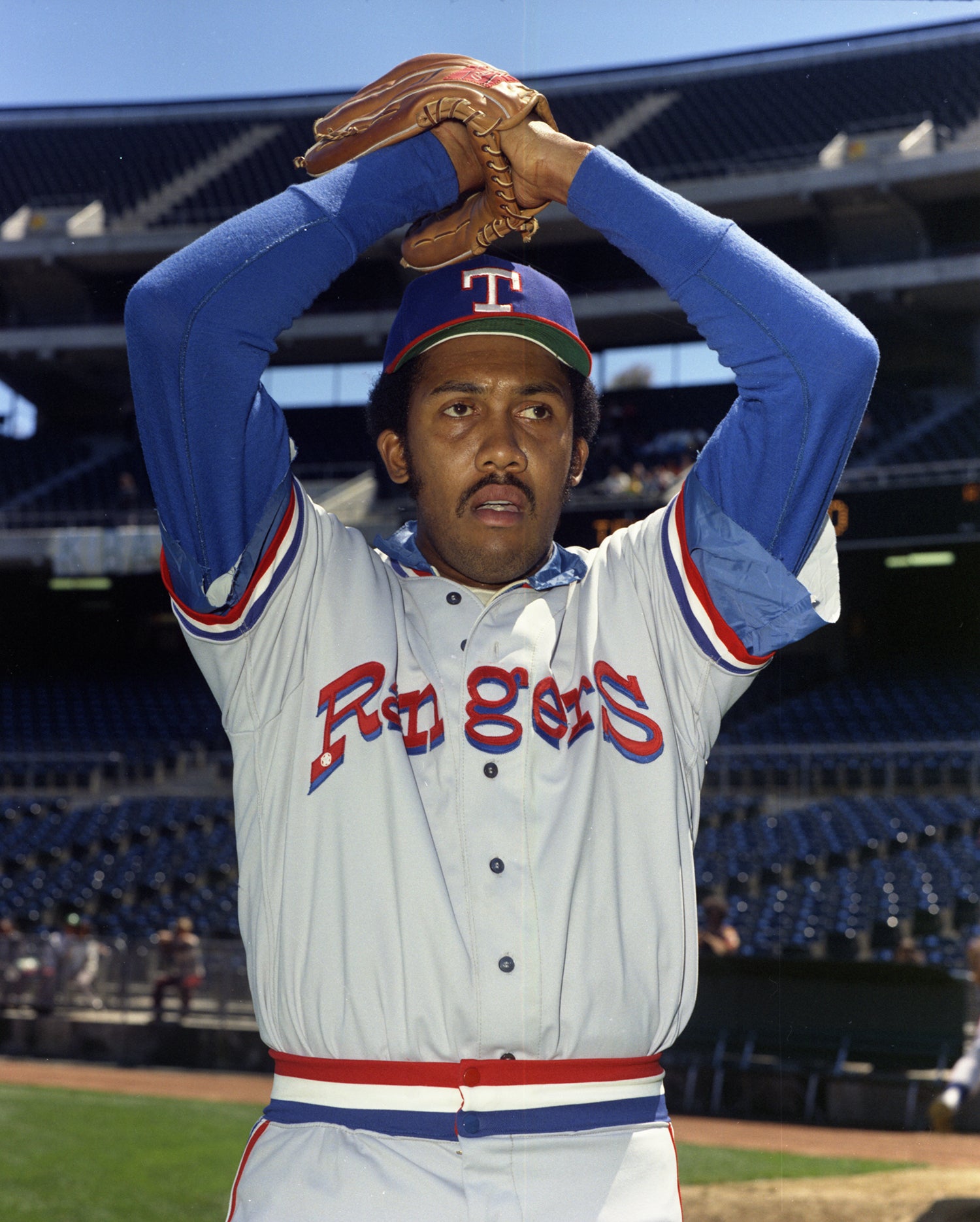
Red Sox trade future Hall of Fame pitcher Fergie Jenkins to Rangers
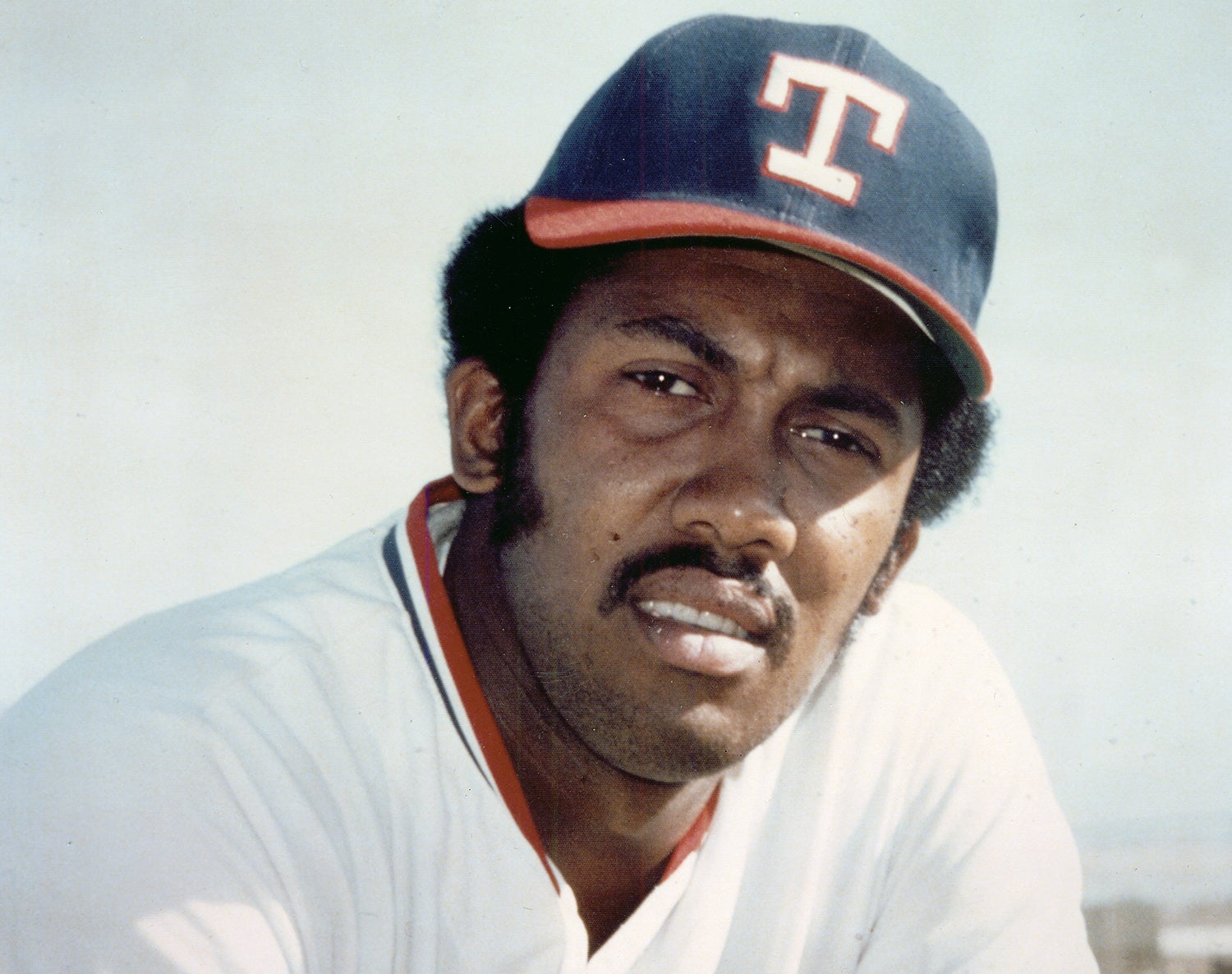
Cubs trade Fergie Jenkins to Rangers
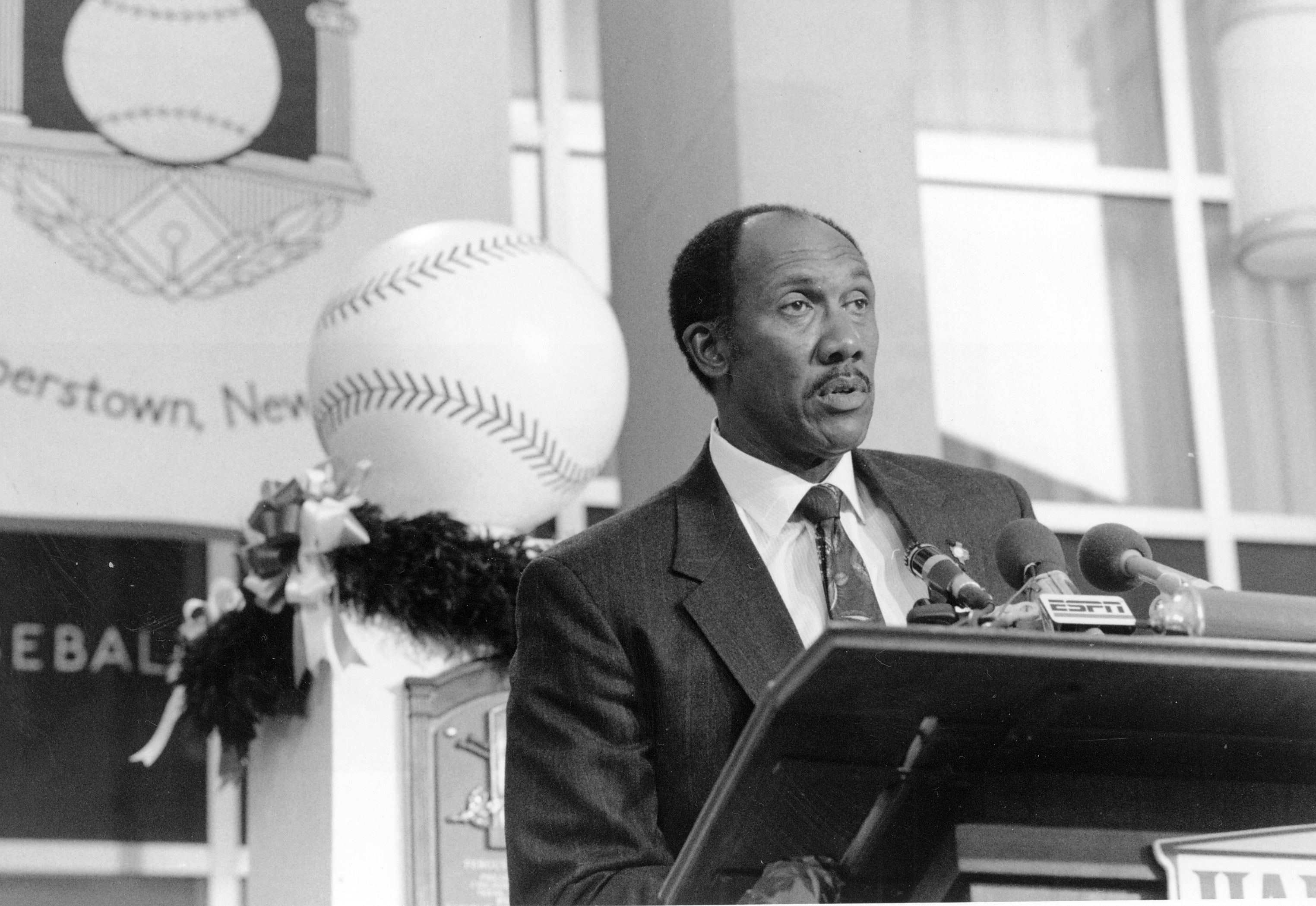
Jenkins’ career flourished after trade to Cubs
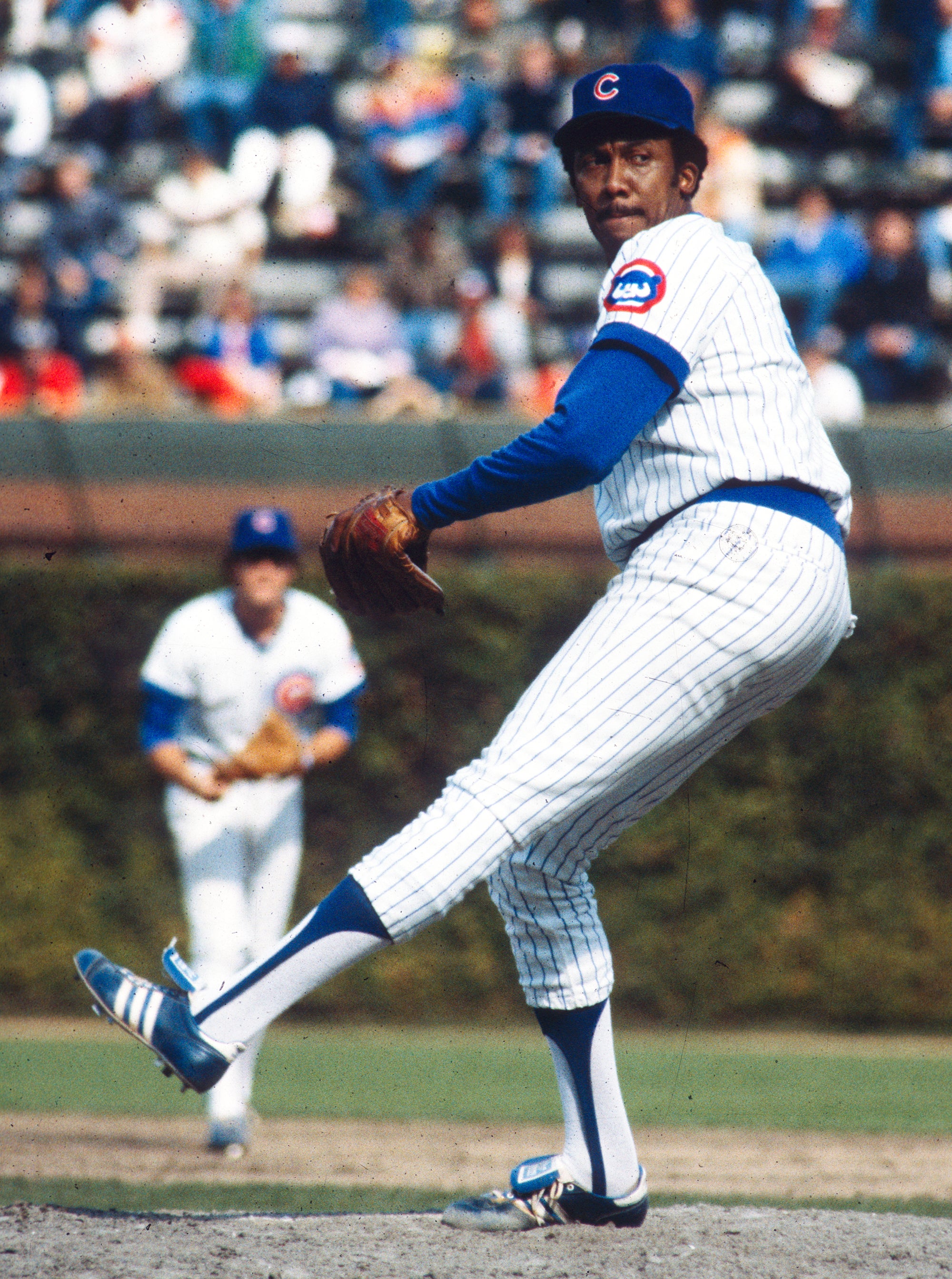
Control was key in Jenkins’ march to 3,000 strikeouts

Red Sox trade future Hall of Fame pitcher Fergie Jenkins to Rangers

Cubs trade Fergie Jenkins to Rangers

Jenkins’ career flourished after trade to Cubs


